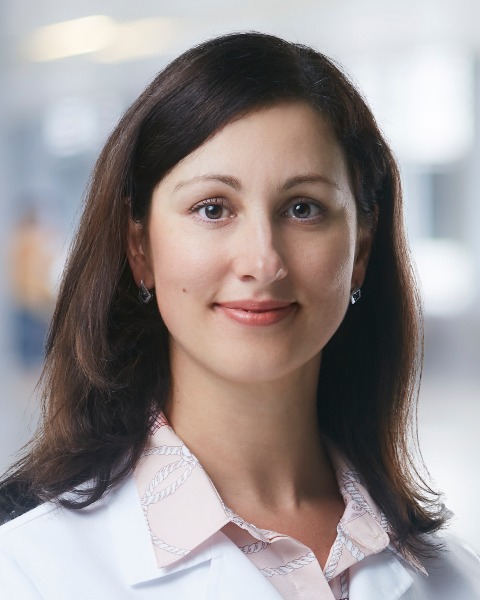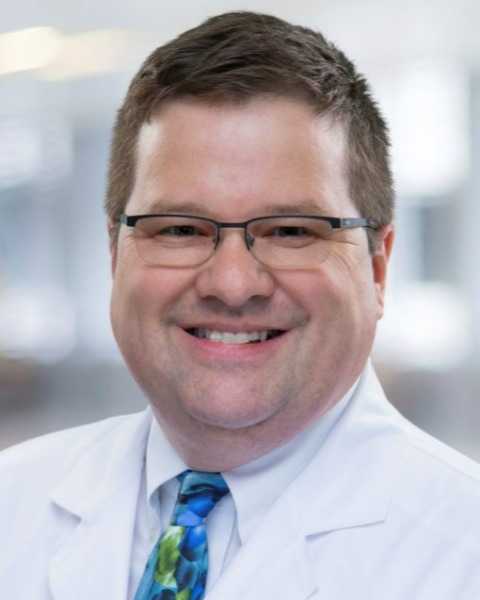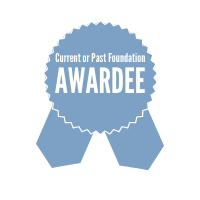Education/Simulation
Poster Session 1
(227) Satisfaction of placenta accreta training during Maternal-Fetal Medicine versus Gynecologic Oncology fellowship.

Oxana M. Zarudskaya, MD, PhD (she/her/hers)
MFM Fellow
University of Texas Health Science Center at San Antonio
San Antonio, TX, United States- NK
Nina Kumar, BA
MS
The University of Texas Health Science Center at San Antonio
San Antonio, TX, United States - SD
Shriya Devkumar Das, BS
MS
The University of Texas Health Science Center at San Antonio
San Antonio, TX, United States - MB
Michael D. Berkus, MD
Associate Professor
The University of Texas Health Science Center at San Antonio
San Antonio, TX, United States - AB
Angela R. Boyd, MD,PhD
Assistant Professor, OB/GYN
The University of Texas Health Science Center at San Antonio
San Antonio, TX, United States - JB
John J. Byrne, MD,MPH
Physician
The University of Texas Health Science Center at San Antonio
San Antonio, TX, United States - ND
Nora M. Doyle, MD, MPH, MSc (she/her/hers)
Director Maternal Fetal Medicine Fellowship Program
The University of Texas Health Science Center at San Antonio
San Antonio, TX, United States 
Patrick S. Ramsey, MD, MSPH (he/him/his)
Professor, OB/GYN
The University of Texas Health Science Center at San Antonio
San Antonio, TX, United States- NS
Nicole M. P. Spencer, BA, MD
GYN ONC Fellow
The University of Texas Health Science Center at San Antonio
San Antonio, TX, United States - GM
Georgia A. McCann, MD
Assistant professor
The University of Texas Health Science Center at San Antonio
San Antonio, TX, United States
Primary Author(s)
Presenting Author(s)
Coauthor(s)
Training in placenta accreta spectrum disorder (PASD) is essential to Maternal-Fetal Medicine (MFM) and Gynecology Oncology (Gyn/Onc) fellowships. Our objective was to assess the satisfaction and alignment with future career goals of placenta accreta training during MFM and Gynecology Oncology fellowship.
Study Design: An anonymous survey was distributed to all ACGME-accredited MFM and Gyn/Onc fellowship programs between 04.08.23-07.30.23. The survey contained demographic information, and questions reflecting satisfaction with PASD training during fellowship and matching future career goals. This was assessed with modified 5-point Likert scale.
Results:
We received 43 responses, 28 (65.1%) responders were from MFM fellows, and 15 (35.9%) were from Gyn/Onc fellows. Out of all responders, satisfaction with PASD training in their fellowship was greater in Gyn/Onc fellows compared to MFM fellows (80% vs. 42.9%, p=0.02). Conversely, MFM fellows reported that they were not satisfied with their PASD-related training more frequently than Gyn/Onc fellows (32.1% vs 13.3%, p=0.39)
PASD training in MFM fellowship matched trainees’ future career plans in 60.1% in contrast to 80% of Gyn/Onc fellows (p=0.19).
Conclusion:
Satisfaction with PAS training and alignment with future career goals were higher in Gyn/Onc fellowship programs compared with MFM fellowship.


